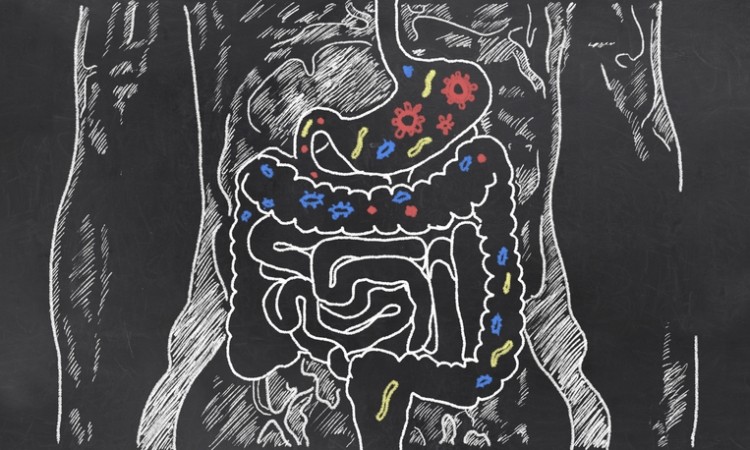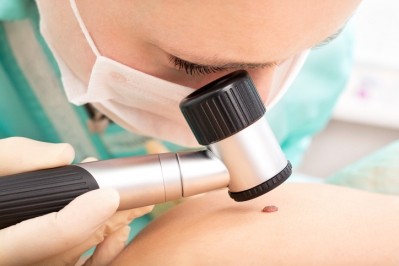Probiotic supplementation may alleviate chemo-induced diarrhoea, study says

Hailing from Shandong University in China, the team identify Clostridium butyricum (C. butyricum) as a strain capable of alleviating this diarrhoea as well as reduce the inflammatory response and help maintain intestinal flora conditions.
“The present study indicated that supplementation with the probiotic C. butyricum in patients with lung cancer is safe,” the study concluded.
“However, C. butyricum also weakly influenced the immune and nutrition status of patients. Despite this, the present results provided important evidence for probiotic supplementation during chemotherapy.”
While ultimately effective, chemotherapy commonly results in side effects including nausea, vomiting and diarrhoea.
These side effects may worsen the patient's nutritional status, reduce immune function, delay the treatment cycle and increase the treatment costs.
Speculation that probiotic use of C. butyricum is countered by a lack of clear clinical evidence to support the safety and efficacy of this strain or indeed any probiotics, including C. butyricum in tackling CID.
Previous research has highlighted its role in regulating the gut homeostasis, reduce inflammation and reduce the incidence of diarrhoea in digestive diseases including inflammatory bowel disease (IBD).
The strain has also been used to treat gastrointestinal disorders including antibiotic-associated diarrhoea.
Study details
C. butyricum’s credentials were put to the test as the team enrolled 41 participants with lung cancer dividing the subjects into either the C. butyricum (CB) or placebo group.
On the first and last day of the 3-week intervention, blood and stool samples were collected and analysed.
Findings revealed the incidence of chemotherapy-induced diarrhoea was lower in the CB group compared with the placebo group.
The lymphocyte count and platelet/lymphocyte ratio (PLR) was also altered between the groups and the neutrophil/lymphocyte ratio (NLR) and PLR decreased within the CB group.
At week three, the lymphocyte/monocyte ratio (LMR) was higher in the CB group compared with the placebo group.
Additional findings at three weeks noted that total flora diversity did not decrease in either group.
Phyla in the CB group varied slightly, while the proportion of Firmicutes in the placebo group decreased significantly.
“No statistically significant difference was observed between the two groups, though the genera producing short-chain fatty acids (SCFA) tended to increase, and the pathogenic genera tended to decrease in the CB group, which was almost the opposite of the observation in the placebo group,” the team said.
“Operational taxonomy unit analysis revealed a notable increase in beneficial flora, including the Clostridium and Lactobacillus genera of the CB group, compared with the placebo group.”
Limitation of supplementation
SCFA production was a particular focus for the team as they pointed to its role in nourishing intestinal epithelial cells and energy components to protect the intestinal mucosal barrier. This can reduce the level of inflammation and enhancing gastrointestinal motility.
As the majority of genera were elevated in the CB group, the team suggest that C. butyricum may promote the growth of SCFA-producing gut flora, thus facilitating intestinal mucosal repair and decreasing the incidence of diarrhoea.
Despite the study’s promise, the team highlighted a series of limitations that included the small number of participants and the insufficient intervention dose and time.
The team believed this factor might not have significantly altered immune function, nutritional status and fluctuations in flora genus.
Due to the complex interplay between the intestinal flora and the human body, the study did not exclude confounding factors, including diet and drugs.
Source: Oncology Letters
Published online: doi: 10.3892/ol.2019.9906
“Effects of probiotics on chemotherapy in patients with lung cancer.”
Authors: Yang Tian, Ming Li, Wei Song, Rui Jiang and Yan Qing Li















